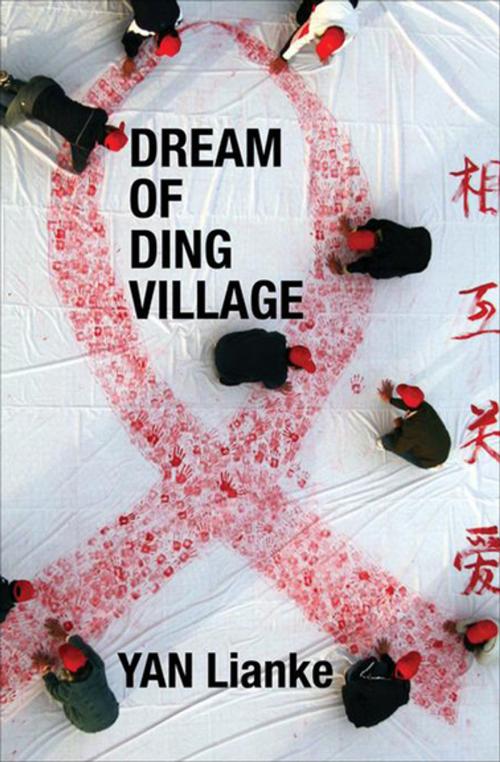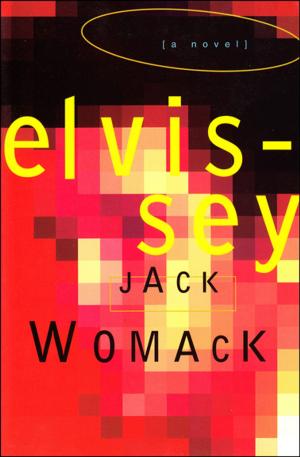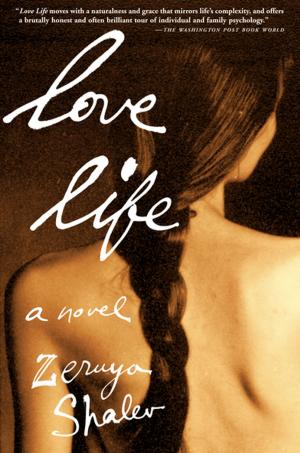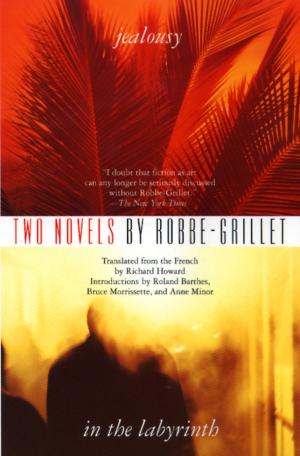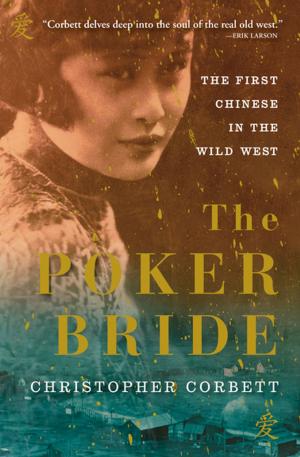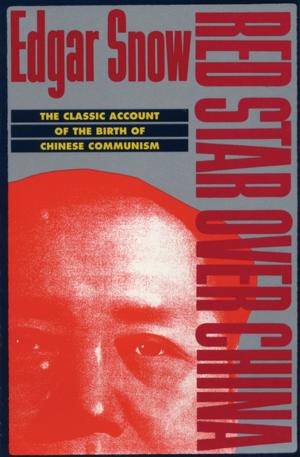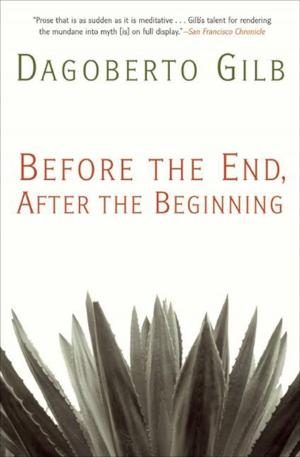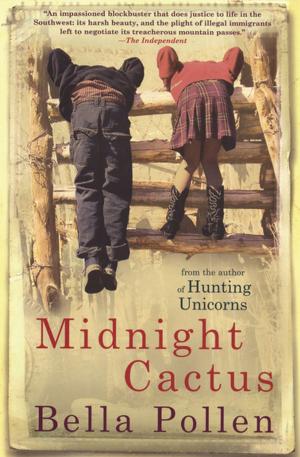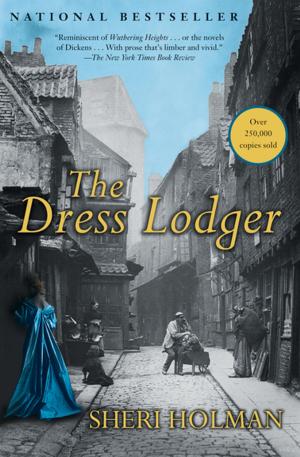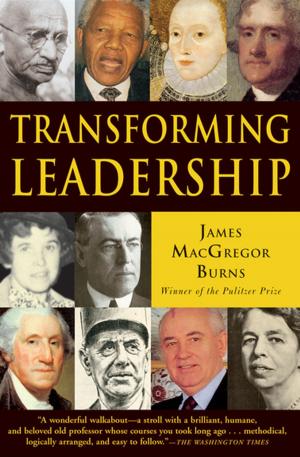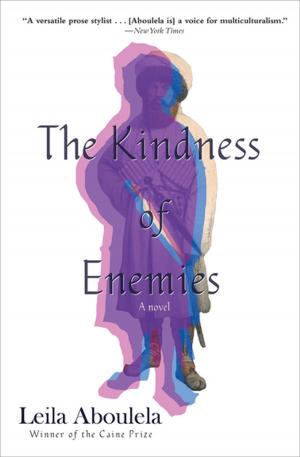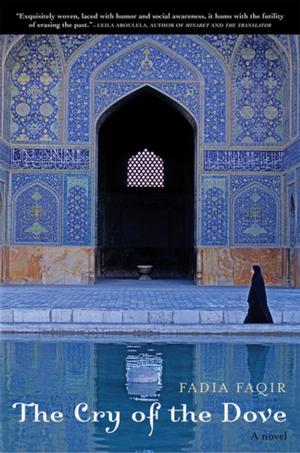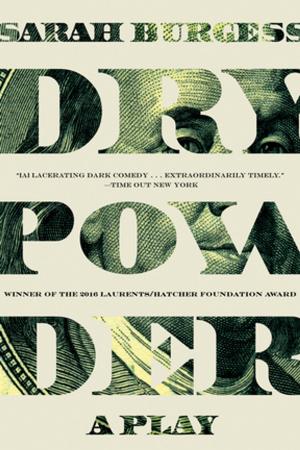| Author: | Yan Lianke | ISBN: | 9780802195968 |
| Publisher: | Grove Atlantic | Publication: | January 4, 2011 |
| Imprint: | Grove Press | Language: | English |
| Author: | Yan Lianke |
| ISBN: | 9780802195968 |
| Publisher: | Grove Atlantic |
| Publication: | January 4, 2011 |
| Imprint: | Grove Press |
| Language: | English |
Known for his controversial and experimental novels, the author of The Day the Sun Died delivers a scathing portrayal of China’s moral failings.
Officially censored upon its Chinese publication, Dream of Ding Village is based on a real-life blood-selling scandal in eastern China. The novel is the result of three years of undercover work by Yan Lianke, who worked as an assistant to a well-known Beijing anthropologist in an effort to study a small village decimated by HIV/AIDS as a result of unregulated blood selling. Whole villages were wiped out with no responsibility taken or reparations paid.
Dream of Ding Village focuses on one family, destroyed when one son rises to the top of the party pile as he exploits the situation, while another son is infected and dies. The result is a passionate and steely critique of the rate at which China is developing and what happens to those who get in the way.
“Lianke confronts the black market blood trade and the subsequent AIDS epidemic it sparked, in a brilliant and harrowing novel.” —Publishers Weekly, starred review
Known for his controversial and experimental novels, the author of The Day the Sun Died delivers a scathing portrayal of China’s moral failings.
Officially censored upon its Chinese publication, Dream of Ding Village is based on a real-life blood-selling scandal in eastern China. The novel is the result of three years of undercover work by Yan Lianke, who worked as an assistant to a well-known Beijing anthropologist in an effort to study a small village decimated by HIV/AIDS as a result of unregulated blood selling. Whole villages were wiped out with no responsibility taken or reparations paid.
Dream of Ding Village focuses on one family, destroyed when one son rises to the top of the party pile as he exploits the situation, while another son is infected and dies. The result is a passionate and steely critique of the rate at which China is developing and what happens to those who get in the way.
“Lianke confronts the black market blood trade and the subsequent AIDS epidemic it sparked, in a brilliant and harrowing novel.” —Publishers Weekly, starred review
